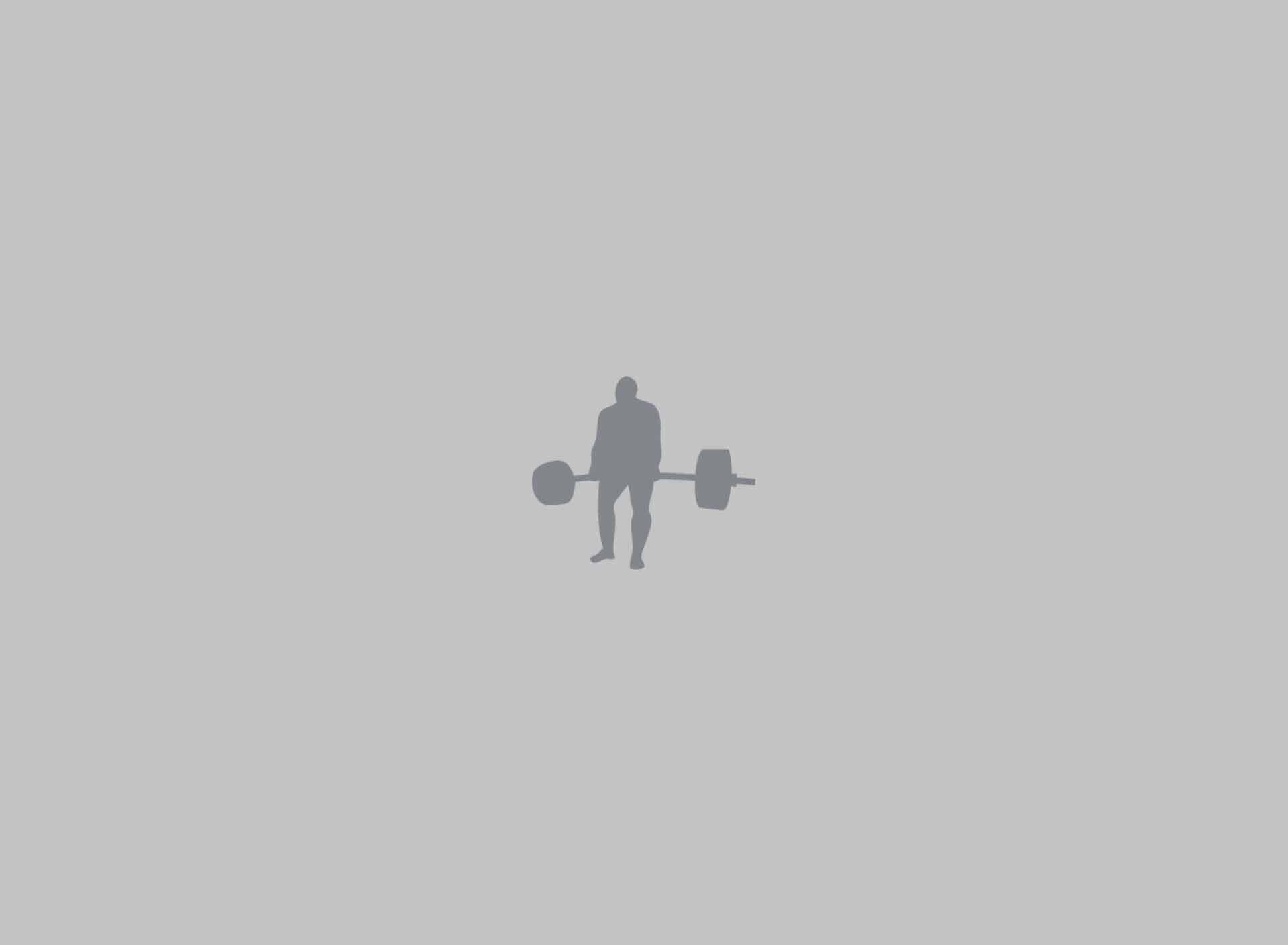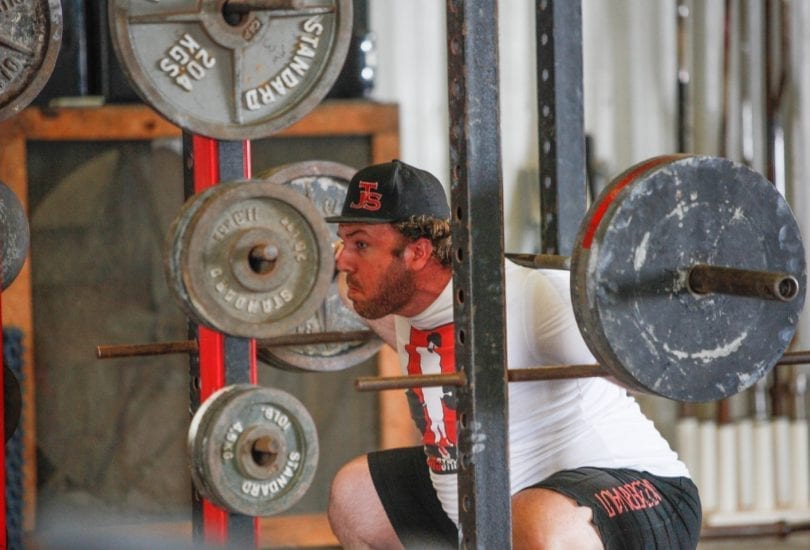Written by Mike Tuchscherer
There’s a notion in the sometimes-weird world of strength training that you’ll get stronger from doing less work. You can put this in the new-age junk pile of failed ideas. I want to share some overtraining truths with you that will hopefully change the way you look at your training process. These are truths I have learned from others, reasoned to, or otherwise developed that have helped me to develop double-digit national champions, IPF World Record holders, and hundreds of other personal records.
A lot of people learn with metaphors. Many of you have probably heard of this metaphor before. Someone will tell you that stress (training or otherwise) is like a faucet flowing into a sink. Then your recovery is like the drain at the bottom of the sink. If you increase training stress and other stresses so that they are too much for the drain to process, then stress will accumulate and you’ll be overtrained.
It’s not a bad metaphor, but it’s missing some key parts that make it useful. The main one I want to focus on is the drain in the metaphor is fixed, but that’s not how the human body works. The body is extremely adaptable. You stress the muscles, the muscles adapt. You stress your cardiovascular system, the system adapts. Your recovery processes are the same way! When you stress them by making them “work”, they will adapt by working more efficiently. To apply this to the metaphor, you would have smart sensors in the sink. When water (stress) starts to accumulate, these sensors activate and, over time they will widen the size of the drain, which improves your rate of recovery and allows more water to flow out.
This is something that you have to understand if you want to improve your strength, size, or fitness. The reason is because continued improvement often hinges on volume. I’ve said before that intensity determines your training effect (as in… what happens to your body as a result of the training). Volume determines mostly the magnitude of that effect (as in… how much of the training effect you get). The reason for this is that volume and not intensity is the main driver of stress in your workouts. Some stress can be derived from intensity, but to a great extent that comes from psychological arousal. But that’s a topic for another time.
So going back to our metaphor, most of the water flowing into the sink is a result of the volume of work you do. Most of you guys have teeny tiny little drains, so the volume you do quickly mounts up. Instead of letting it mount up and giving it time for your drain to get bigger, you shut off the faucet (take a deload week) and keep the flow of the faucet low (training each lift once a week, emphasizing supplemental exercises, etc).
But this strategy is very short sighted, especially when viewed in the light of volume determining how much training effect you get. There’s plenty of scientific research showing that you must increase training volume over time to see increased gains. Volume is so important that some scientists view it as the single most important training variable. I personally wouldn’t go quite that far, but I mention it to show that increasing training volume is critical to your long term success.
If you’re one of those guys who thinks that western science is junk and not trustworthy, you’ll find the same conclusions in Soviet texts. Actually go to the texts and read them. You’ll find that they recommend volume increase every year until the lifter gets to the very pinnacle of their potential. Even then it’s conceivable that the only reason volume wasn’t increased further was because there was no time left in the day with which to increase it. You have to improve your volume (preferably volume of work in the contest lifts) if you want to continually improve year to year.
That’s not to say overtraining doesn’t exist. But not every bad workout or achy joint is an indicator that you need a deload week. Don’t be one of those extremist jerks that either lives in perpetual fear of overtraining or claims that it doesn’t exist at all. You can work hard – progressively harder over time – and not overtrain. Overtraining exists, but it’s not as easy to do as many people believe.
I would love to give you some tips on how to know how beat up you should let yourself get or where in the middle you should draw the line for overtraining. But that’s not so easy to do. If you’re coming up on a meet where your performance is important, then maybe you should take that deload week. But if you don’t have a meet in the next month, then maybe you should let yourself get a little beat down so your recovery system improves. This is why it’s so important to have a periodized plan. Some times of the year, you want to enhance your recovery ability so you can handle more volume in the future and continue to make gains. Other times, you don’t want to get beat down so you can maximize performance. Having a plan that at least provides a start from which you can deviate from is much better than just “winging it” on a weekly basis.
Improving your volume is central to continued improvement. This is true for all lifters, drug free or not, all ages, etc. Go at it slowly and give your drain time to expand. You’ve had to work hard – progressively harder for all the gains you’ve gotten up to this point. It’s going to be the same story for the rest of your lifting career. Time to get started.










